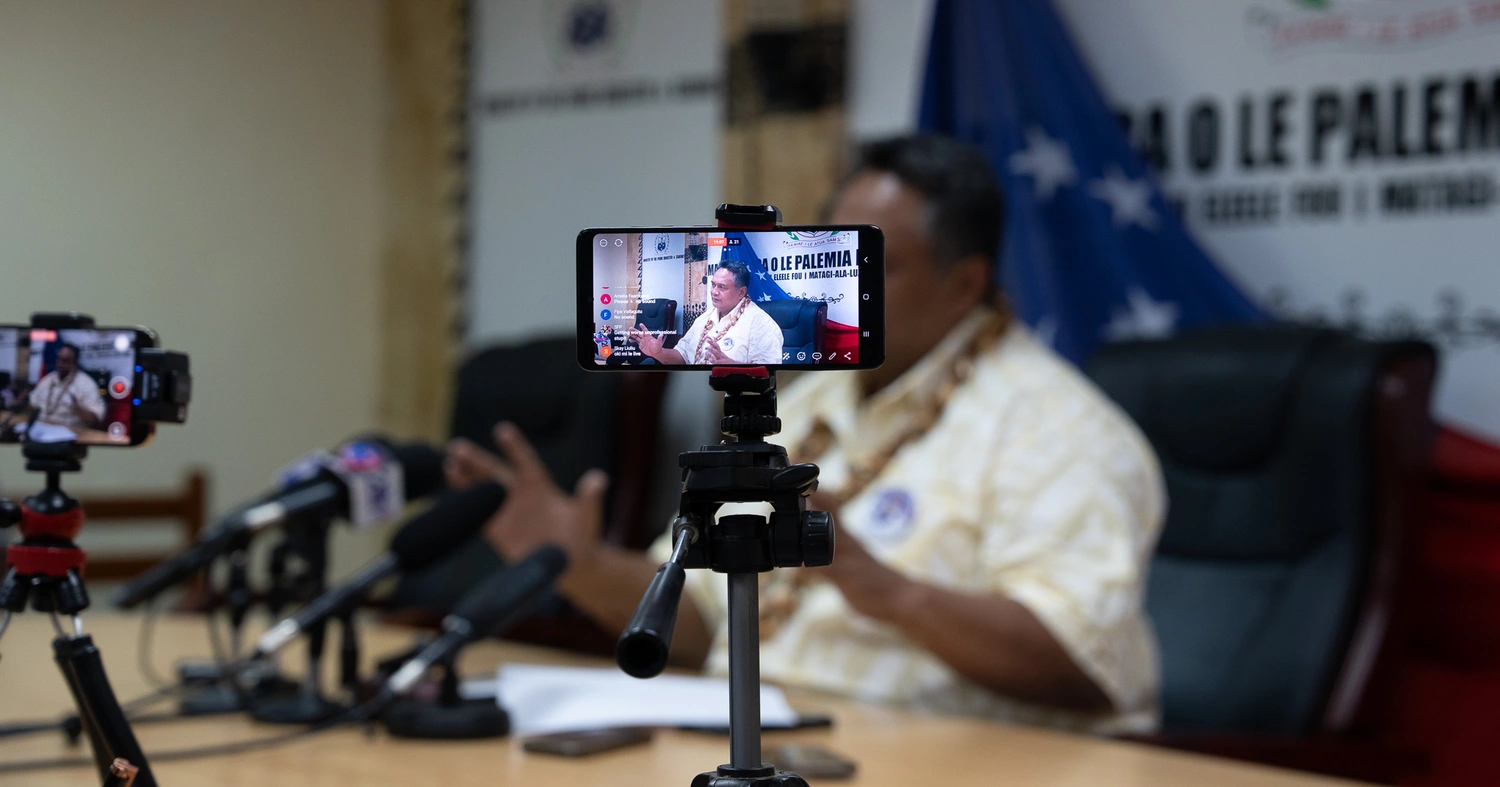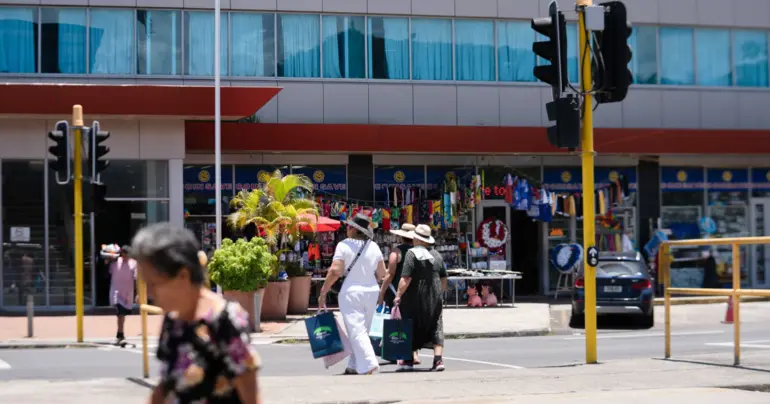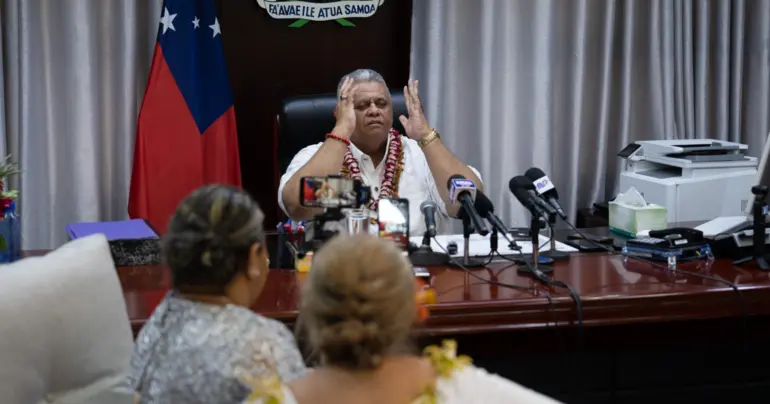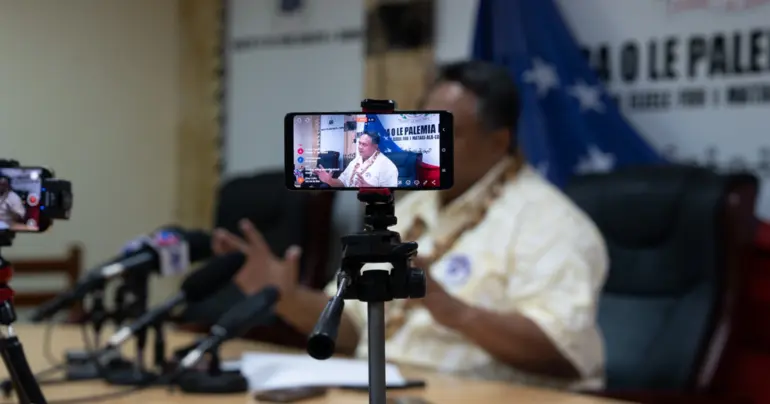Answering questions that matter, a sign of transparency
Deputy Prime Minister Toelupe Poumulinuku Onesemo’s press conference was everything that it should not have been. The media briefings are supposed to provide some context of transparency and accountability existing in the government. That was not the case on Friday.
Of particular interest was the unanswered question about the $100,000 election petition settlement. The response was a deflection of the issue. There are just two answers, either yes or no. Clarity was being sought, and it should have been provided. If it is a rumour, Toelupe could have nipped it in the bud.
Instead, he told the journalist that they were family and should not be asking disrespectful questions. Journalists have to do their job without fear or favour, and that means even asking family members the tough questions.
This response is similar to other questions that remain unanswered. Questions like who allowed the doctored image of the prime minister sitting in an armchair that was not there. Or whether protocols have been followed in meetings with foreign delegates while on medical leave. On Friday, New Zealand Foreign Minister Vaovasamanaia Winston Peters told a New Zealand media, that the meeting with Laaulialemalietoa Leuatea Schmidt was a courtesy call. At home, there is no information passed to the public.
The other thing of concern is the discussion that was overheard by Toelupe. The press conference was not the right forum for that. Is this an attempt to justify replacing top bureaucrats with those who would be the yes men? If the top public servant did really do that, then he or she should be reprimanded.
Civil servants have sworn an oath to follow the Constitution and abide by the public service code of conduct. That means that they are obligated to inform their minister and keep them updated. If the minister has not been updated on certain matters, it also reflects the work of the civil servants. Similarly, the elected leader needs to demand updates and be briefed on all current matters. It is also not a good reflection when the minister finds himself or herself in such a situation. Ministers need to be prepared and cannot step into a situation unaware of what he or she is doing there.
This is not the transparency and accountability that was undertaken when the new government was sworn in. It is far from it. The government needs to stop looking at the media as the enemy. The media and the government have important intertwined roles. The media are the eyes and ears of the people who have voted the government in. The media’s role is to keep the public informed and, at the same time, hold the government to account.
The government should not view this as an attack but as an opportunity to improve. The media will raise concerns if there is a medicine shortage or when medical staff are not paid. The media will highlight environmental impacts or issues that affect the daily lives of people. These are to show the government where the development focus should be. It is not an attempt to discredit the government.
The government’s willingness to be transparent and accountable will also clamp down on corruption, and in the absence of corruption people will benefit, infrastructure projects will thrive, and above all, we will have a better nation.
Have a blessed Sunday.











